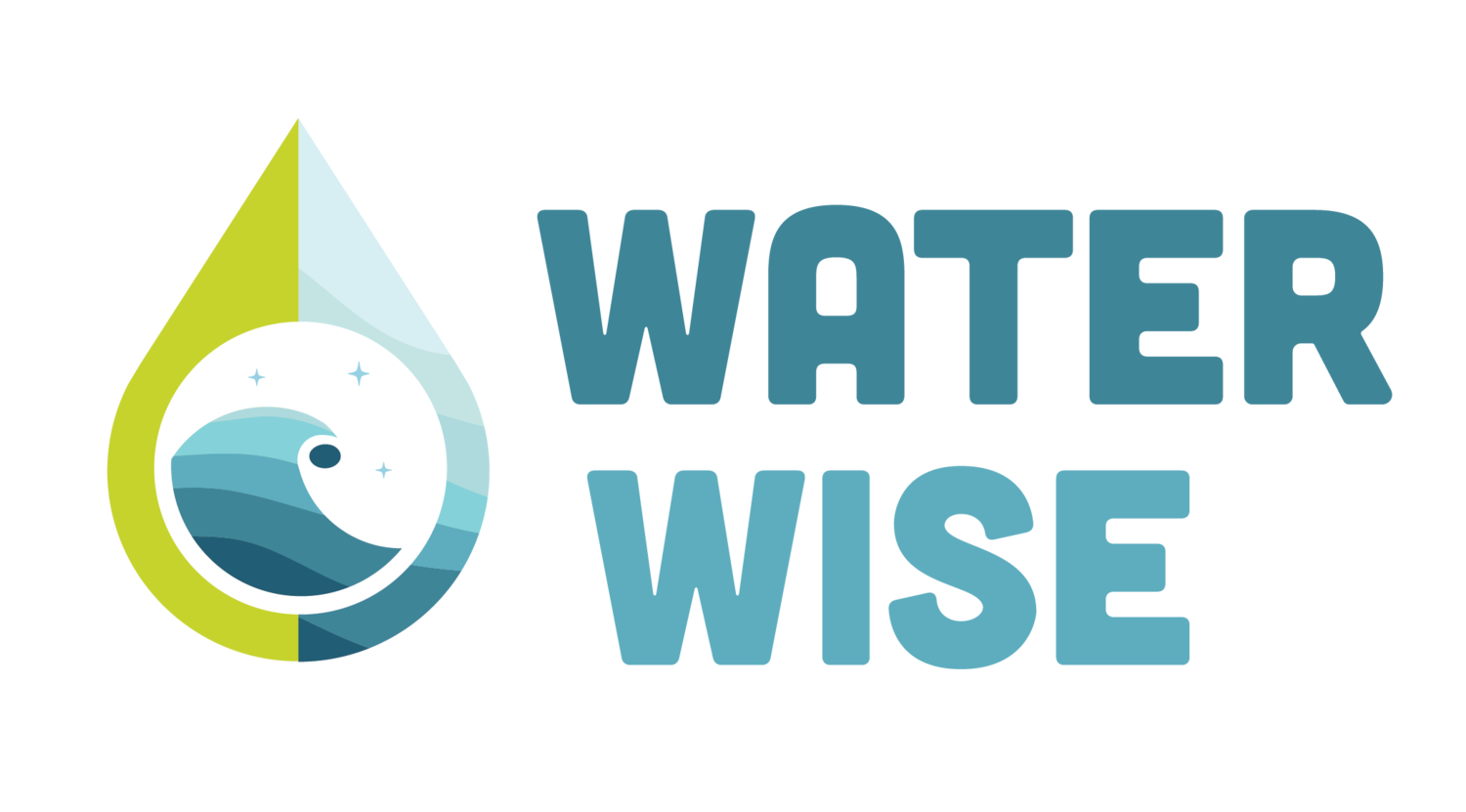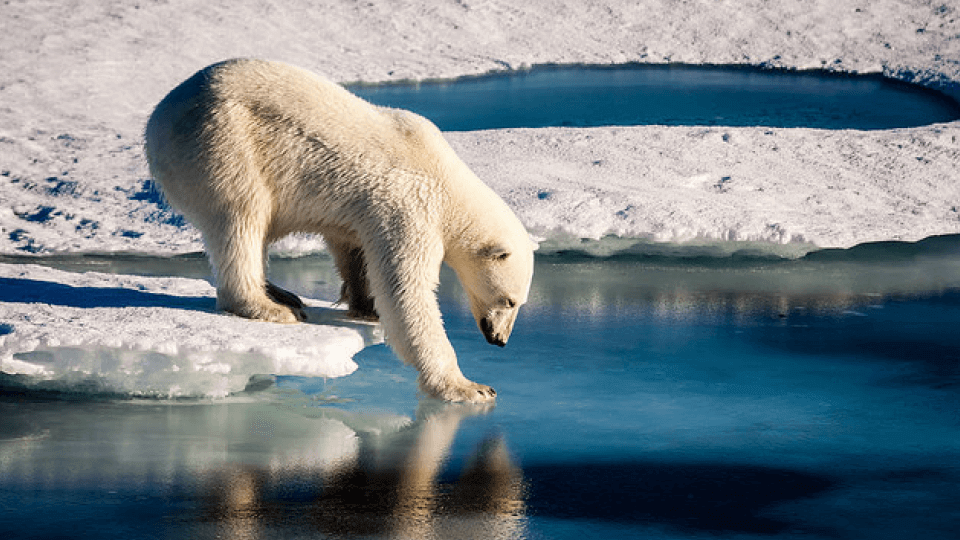Climate Change
When you think about Summer, what are the memories that pop into mind? Can you feel the cool freshwater that you splash into? The breeze that cools you off. In the heart of Winter, a ski or skate across the ice. Perhaps, a ski-doo, hockey sticks, and pucks. The fishing shack, where stories are told; augers and bobbers in hand. Fish tales cross seasons. What of the ice breaking in Spring, or the colours of Fall?
We have memories linked to the seasons, around these waterways. They connect us to our space. To a place that we know. And in this knowing, we can also see and sense the change that’s happening.
Like shorter winters, and perhaps less ice on the lake. Those days where you hoped to venture out or lace up your skates, and it just wasn’t possible.
Do Summer temperatures seem a bit warmer than what you remembered and last for longer stretches of time? Awesome for those days on the dock, but what of the big picture, our water quality, and all beings that rely on it. Our seasons and how we know them, in relation to lakes.
As our planet has continued to heat up over the years, so have our waterways. And in the same way that people and inhabitants on land are feeling the change, so are the creatures living within these watery places.
Learn About
the CLimate |
NAsa Climate Kids
Climate Change Explained
Climate trends affecting the Great Lakes basin, including warming temperatures, changing precipitation patterns, increasing surface water temperatures, and decreased ice coverage, have contributed to an overall rise in water temperatures.
In the last decade, Lakes Huron, Michigan, and Superior have experienced a continual decline in winter ice coverage. A decline in ice coverage can lead to an earlier stratification period in the lake which can cause the water temperature to increase a lot quicker than surrounding air temperatures.
Water temperature is one of the most influential variables in aquatic ecosystems and increases in water temperatures are expected over the next 30-60 years due to climate change.
Because of the rising water temperatures many aquatic invasive species, which are present in the lower Great Lakes, may travel further north, facilitating the spread and putting thousands of inland lakes and streams at risk.
Article Feature |
National Geographic
The Great Lakes depend on ice. Last year, they barely froze.
Connect
WE ARE ALL IN THIS TOGETHER
Learn how each of us can speak up and take action for water and people too.
Canada-United States for Great lakes Water quality
Binational.net is a collaboration between the United States Environmental Protection Agency and Environment and Climate Change Canada to provide a single-window on joint work undertaken by the Governments of the United States and Canada.
The Great Lakes | National Wildlife Federation (NWF)
The National Wildlife Federation, America's largest and most trusted conservation organization, works across the country to unite Americans from all walks of life in giving wildlife a voice.
TAKE ACTION
Listed below are some climate-related actions you can take to help protect our earth’s freshwater.
Unplug your devices when you’re not using them. They suck up energy and add to your carbon footprint.
Say yes to composting. When it comes to food waste, here in Canada, we’ve got an awful lot, and not only is it not good for our pocketbooks or food security, it also gives off methane gas, warming our planet and waterways. Composting - Clean North
Reduce your carbon footprint by growing your own food, making your own things, or supporting local. Less packaging and transport = better for our planet. A good news story, that you can take on at home Hobby becomes a business amid lockdown | Sault This Week
Share what you are doing with others through conversations and be curious as to further ways you can take Climate Action.
For What Are We Without Water.








